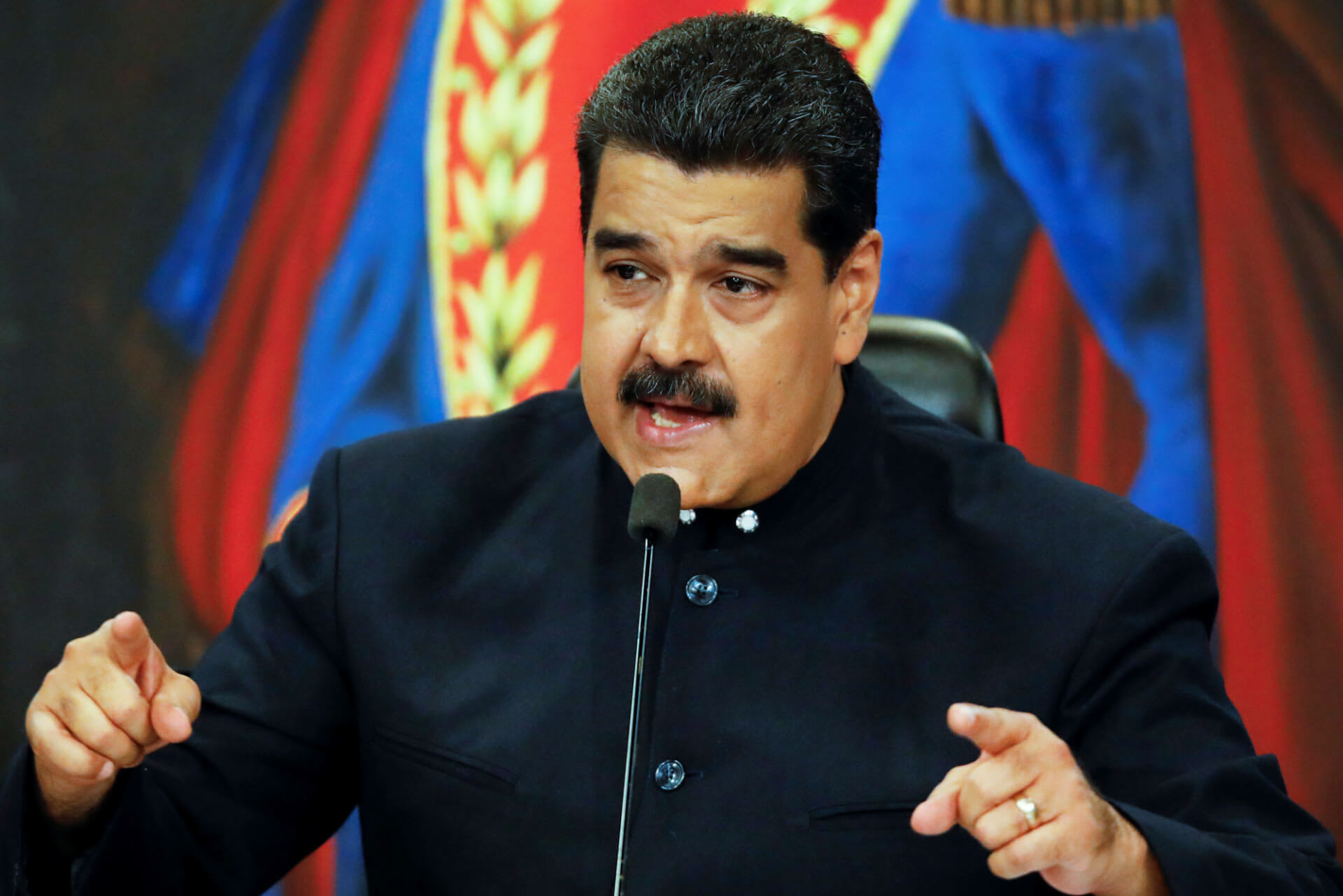On Friday, Venezuela’s Supreme Court unilaterally swore in a new commission to the country’s National Electoral Council ahead of the parliamentary elections later this year. Currently, the opposition holds a majority of seats in the congress, which is the only branch of government that is not under President Nicolás Maduro’s control. The official opposition in the country is led by Juan Guaidó, who is recognized by almost 60 countries–including the US–as the interim president.
In response to this latest move to stifle opposition, the National Assembly’s first vice president, Juan Pablo Guanipa, tweeted, “If we don’t recognize this farce of a Supreme Court, we don’t recognize anything it produces.” He added, “As Venezuelans we make our demand to the world for a free vote!”
Legislators have argued that the power to appoint new members to the elections commission rests with the National Assembly. However, the Supreme Court and Maduro contend that it had to step in after the National Assembly did not name its appointees. The Supreme Court did appoint two members that aren’t members of the ruling socialist party to give its actions semblance of democracy; however, critics say that this was merely symbolic.
Also Read: Venezuela Thwarts Attempted Coup, Alleges US Involvement
In fact, Juan Guaidó clarified, “We do not recognize any false national electoral council.” Guaidó and his allies had hoped to extend the term of the current body of the National Assembly past January 2021 so that Guaidó could continue in his role even if the opposition refused to participate in the parliamentary elections. This point was reaffirmed by senior lawmaker Henry Ramos, who tweeted, “The current legitimate National Assembly will continue as long as no valid constitutional electoral process to substitute it has been held.”
Maduro, however, contends that appointing a new electoral board was a necessary step in order to elect a new National Assembly after what he describes as “five totally lost years” under the Guaidó-led opposition. The opposition has held control over the National Assembly since 2016. This latest decision by the Supreme Court has led some to think that opposition parties may boycott this year’s parliamentary elections to oppose undemocratic measures by the ruling government. In 2018, Maduro maintained his incumbency in 2018 after banning popular opposition leaders from running, resulting in opposition parties boycotting parliamentary elections.
Also Read: Venezuelan Opposition Leader Accepts Resignation of Two Advisors for Role in Failed Coup
Venezuela has become embroiled in political scandals in recent times. In May, Maduro announced that state security forced had arrested 13 and killed eight “terrorist mercenaries”, in what he claims was a failed attempt to kill him. Among the arrested were two US citizens, who worked for a private security company called Silvercorp, whose CEO, Jordan Goudreau, had dealings with Guaidó and his associates.
UPDATE: Since the time of writing, the Supreme Court has also ordered the takeover of two opposition parties, the Justice First party and the Democratic Action party, as part of what it described as a “necessary restructuring process”. No legal action was taken against the Juan Guaidó led Popular Will party, however.

